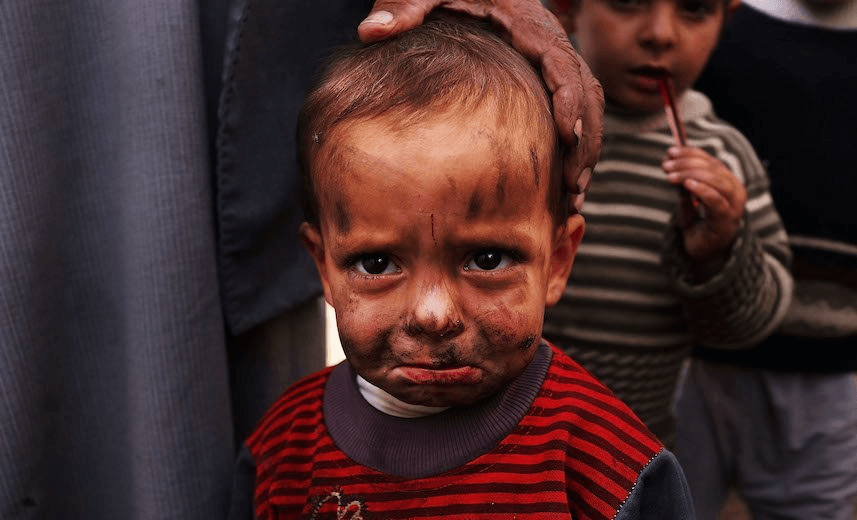Today is World Refugee Day. This afternoon at parliament, Anglican Bishop of Wellington Justin Duckworth will represent his diocese in a call for MPs to sign a pledge supporting the doubling of our refugee quota to 1500 places. He writes about why New Zealand urgently needs to do more.
In the final months of 2015 I wrote of the response of the churches of the Anglican Diocese of Wellington to the refugee crisis, following the catalytic image of the drowned toddler Aylan Kurdi. At that time, each church group pledged to offer their resources to refugees – resources ranging from language resources, medical and psychological support to cars, clothing, furniture and housing.
This initial response transformed into partnership with the Red Cross, the Catholic Diocese of Wellington, and Muslim groups, to provide the household goods to settle each refugee intake to Wellington. Every few months since then, groups of volunteers collect donated household goods, sort and package these, check electrical appliances, attend training, go out to empty homes, and set up houses ready for refugees who will arrive into Wellington the next day begin their new lives in our community. The flow of goods and volunteers has not stopped. Wellingtonians and beyond have generous and capacious hearts.
We are still ready and still waiting to help.
On the other side of the globe, people are still fleeing their homes, the highest number of displaced people since World War Two. And they are still drowning – more than 5,000 just crossing the Mediterranean last year.
These people need a home.
This May, Wellington made the news after being voted the world’s most liveable city in a Deustche Bank survey. We are proud to be Wellingtonians, but what do we want to be known for? Can we be liveable for more people? Could we also have the opportunity to be voted the world’s most compassionate city? Can we take the generosity we’ve already seen to the next level?
At present, the answer is no. Standing in the way is one simple answer: our government.
Next year New Zealand’s annual refugee quota increases from 750 to 1,000 – only marginally raising New Zealand’s current ranking of 96th in the world in terms of per capita acceptance of refugees (117th when adjusted for relative wealth).
The response from our Anglican Churches and from all those we partner with is that people have the capacity and the willingness to do so much more. Indeed, as a nation it seems like we already think we do more than we actually are: in findings released last month from UMR Research almost half of all respondents believed New Zealand’s quota was already over 1,000 a year; and almost a quarter of these respondents believed that our quota level was over 10,000 a year.
Today, on World Refugee Day, I will be taking the opportunity to celebrate the contribution refugees have made to our country, and to join with their voices and those of campaigners to encourage our government to at least double our refugee quota.
These people desperately need a home. We have a great one. It doesn’t have to be hard to let them in. This election year, make your voice count.
All are welcome to attend a protest on Parliament grounds today between midday and 2pm. More than 100 people from Wellington’s faith, migrant and refugee support communities will unite today with the Doing Our Bit campaign at Parliament to recognise World Refugee Day and call on politicians to double New Zealand’s refugee quota.
Doing Our Bit campaign founder Murdoch Stephens will speak alongside Bishop of Wellington Justin Duckworth, Syrian refugee Karam Shaar, and representatives from the Labour, Greens, United Future, Māori and Opportunities parties. All political parties have been invited to attend and speak.
The Society section is sponsored by AUT. As a contemporary university we’re focused on providing exceptional learning experiences, developing impactful research and forging strong industry partnerships. Start your university journey with us today.

